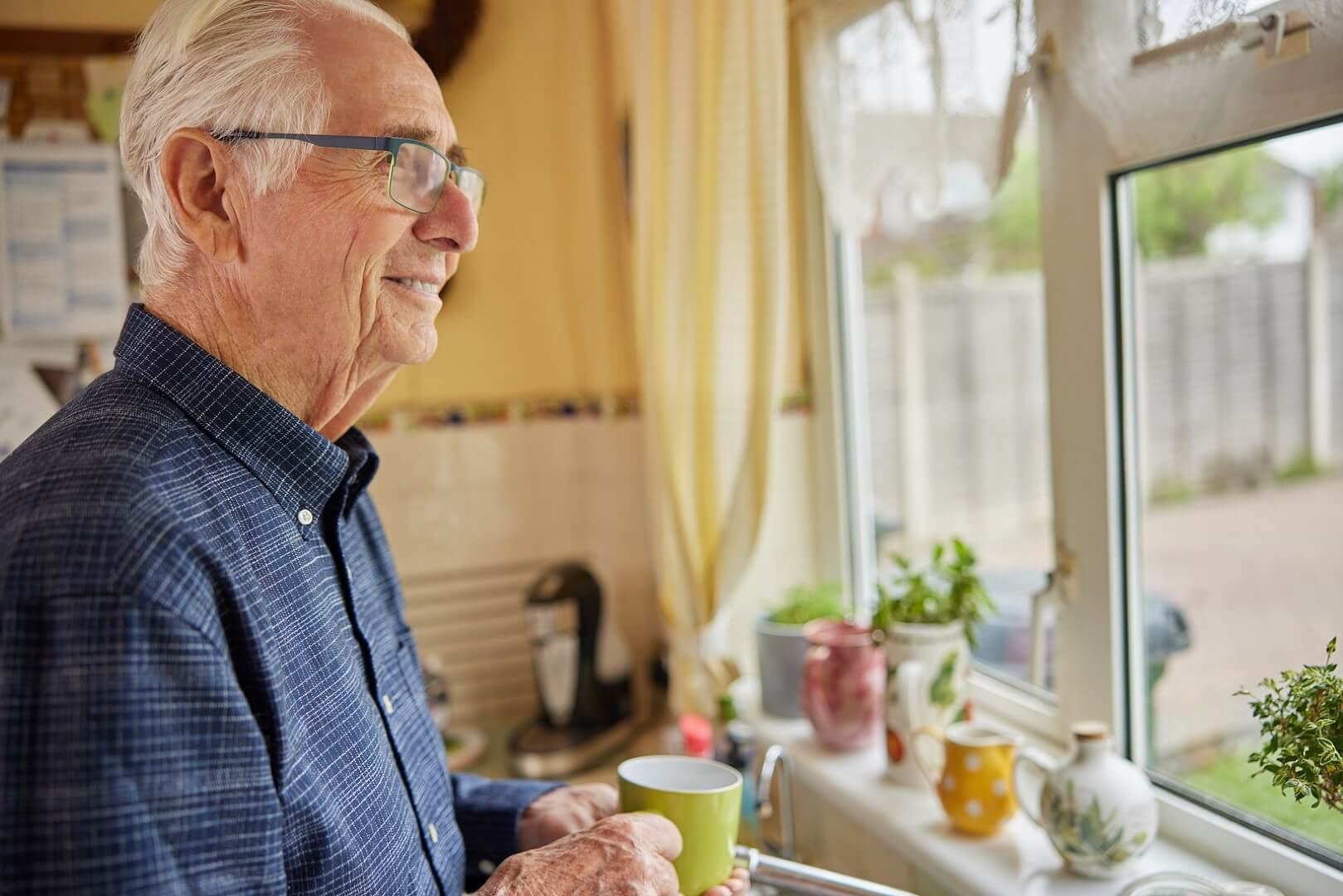As your parents grow older, families often reach a time when they must decide if it is no longer safe for their loved one to live alone. For many, recognizing that it is time to transition to long-term senior living can be challenging. And if your loved one is resistant to leaving their home, you may doubt whether it is the right thing to do.
Today’s senior living communities are designed to support and assist older adults so that they can live a healthy, fulfilling life. Look for these signs that the time for senior living may be right for your aging family member.
Chronic health problems: Chronic health conditions will continue to get worse as seniors age. If your older parent is suffering from one or more health issues and needs 24-hour care, it may be time to find a long-term senior living community that is equipped and staffed to meet their ongoing medical needs.
Forgetfulness: If your loved one is always forgetting to take their medications, missing appointments, misplacing things, or losing their way home, it’s time to consider new living arrangements. We all forget things from time to time, but when forgetfulness starts to interfere with your loved one’s health or safety, you may need to step in to prevent more serious injuries or health issues from occurring.
Falling regularly: An older parent experiencing a fall can be a much-needed wakeup call that living on their own is no longer a safe and viable option. An increase in the number and severity of falls can make it harder for seniors to continue doing their activities independently. If your parent or loved one has fallen recently, consider looking into the benefits of assisted living where they can be supported and monitored.
Feeling isolated: If your once active parent is now sitting at home alone, it could be a sign that their health is declining physically or mentally. Seniors who live alone often feel lonely and isolated. Over time, these feelings can have negative long-term effects on a senior’s health, including cognitive decline and increased risk for depression. A major benefit of assisted living is the emphasis on socialization. Seniors are encouraged to make friends and participate in planned activities or events with other residents.
Basic chores are unattended: An untidy living space or a house that is dirtier than normal may be a sign that your loved one needs extra assistance. When you visit, look for unclean laundry, piles of dishes, expired food in the refrigerator, and overflowing trash. These are all signs that your parent is having trouble keeping up with basic home chores on their own.
Decline in personal hygiene: If you’ve noticed your aging parent is struggling to maintain their home’s appearance, chances are their personal hygiene is suffering as well. When visiting, pay attention to whether your parents are showering regularly, brushing their teeth, combing their hair, and changing their clothes. The fear of falling in the bathroom may prevent some seniors from bathing. For others, memory loss can contribute to a decline in personal hygiene care.
Rapid weight loss: Sudden or significant weight loss is always a cause for concern. In some cases, your loved one’s weight loss may be the result of an illness or physical condition that is making it difficult for them to safely prepare their meals or shop for food. Unexplained weight loss or reduced appetite can also be caused by memory loss or depression. If that’s the case, they may be better suited in a senior center where meals are prepared for them.
Caregiver Stress
Lastly, being a caregiver to an older parent day after day, especially one with dementia or physical disabilities, can be very challenging and stressful. Senior living communities have the resources needed to support your loved one’s needs. This allows you to hand over the day-to-day struggles of caregiving so that you can focus even more on enjoying quality time with your loved one.
Your Parent Needs Assistance—Now What?
Despite your best efforts, you may conclude that your older loved one would do better living at a place where meals are prepared for them, their medications are monitored, they have ample opportunities to make new friends, and support is available 24/7. If this is the case for your older parent, a senior living community is the best option. But with so many options and levels of care available, where do you even begin?
At Senior Living Experts, our dedicated team of professionals is here to help you every step of the way. We’re a local team of advisers who live in the Chicagoland area, and we have established relationships with more than 230 senior living communities. We simplify the process of finding the right long-term care facility for your family member—and it’s free of charge. Our advisers take time to understand your loved one’s specific needs, preferences, and budget so that we can make informed recommendations for placements based on our extensive knowledge of communities in the area.
To learn more, contact our team today!


